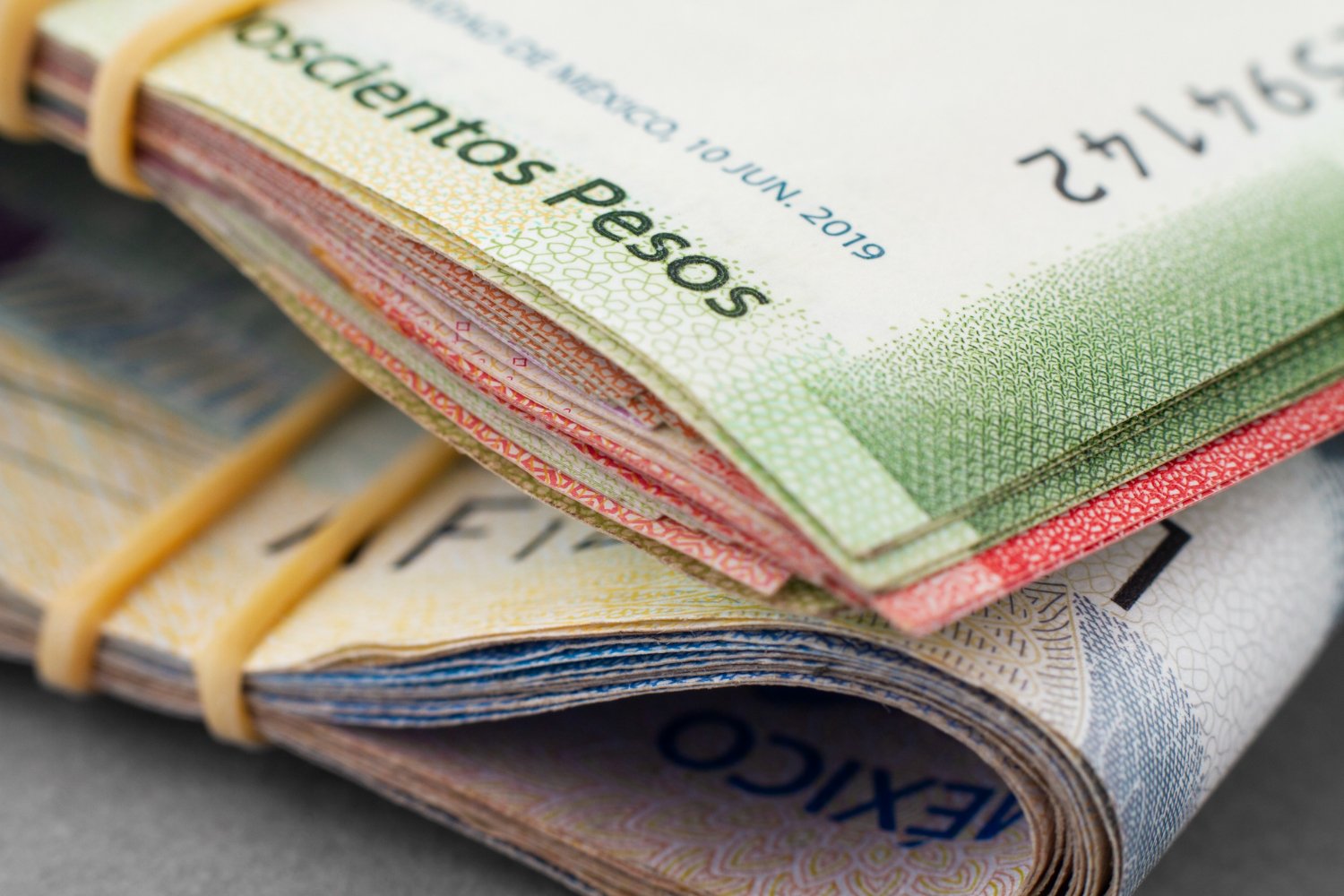
- media@moneyinfocus.news

U.S. bio-manufacturing company, Cemvita, is proud to announce its expansion into Brazil, marking a bold step in transforming the global energy landscape. To consolidate its presence in the region, Cemvita has officially registered its CNPJ as a new subsidiary in Brazil, reaffirming the company’s long-term commitment to the Brazilian market. This strategic expansion move reinforces the company’s dedication to promoting a sustainable future by leveraging innovations in biotech and synthetic biology processes to create cost-effective solutions from carbon recycling.
Exploring Partnerships and Collaborations
Cemvita is already actively exploring several partnerships in Brazil. The company is in talks with several prominent organizations and hopes to officially announce some of these partnerships soon. As part of its strategy, Cemvita is open to transforming these collaborations into different business models such as joint ventures or other innovative initiatives that provide rapid development in the bioeconomy sector.
Fuel of the Future: Building from a Solid Energy Mix
The “Fuel of the Future” Law, enacted in 2024, reinforces the basis for the transition to sustainable fuels in Brazil, with progressive measures for biodiesel blending and adoption of Sustainable Aviation Fuel (SAF):
“These regulations serve as a testament to Brazil’s proactive leadership in renewables,” said Fernando Borba, Director of Strategy and Business Development at Cemvita. “With Cemvita’s technology based on biomanufacturing processes, we intend to expand this impact, enabling a circular bioeconomy that benefits both Brazil and the world.”
“This is possible because our technology, based on the conversion of tailings into the form of organic effluents, does not require large (agricultural) areas or drinking water, and does not compete with the production of food for the manufacture of sustainable products such as oils and biofuels,” adds Marcio Da Silva, VP of Innovation at Cemvita.
Miscellaneous Applications of the Technology
Although the production of SAF from the conversion of bio-oil generated by Cemvita remains a strategic focus, the bio-oil produced also has excellent characteristics that allow applications in several other sectors, such as cosmetics, emulsifiers, surfactants, among others. During the production of bio-oil, organic co-products of great interest to the fertilizer and animal nutrition industry are also generated. In this way, Cemvita seeks to meet the growing demand for sustainable alternatives in these sectors, demonstrating the versatility of its technology to drive the global circular economy.
Strategic Expansion in Line with COP30
Cemvita’s entry into Brazil is in line with the expectations of COP30, which will be hosted in the country. With worldwide attention focused on Brazil’s climate leadership, Cemvita’s technologies offer an additional tangible path to address global challenges by creating high-value products, such as sustainable oils and biofuels, from carbon waste.
A Global Initiative
The proposal to expand to Brazil is not limited to a local effort, but is part of Cemvita’s global initiative to enhance its technology, taking advantage of the knowledge and experience already consolidated in Brazil in the bioeconomy sector. By combining Brazil’s successful track record in innovation in renewable energy production with the possibilities of synthetic biology offered by Cemvita, this initiative will not only boost local development, but also enable the replication of the model for the international market.
Futuristic vision of the Brazilian Bioeconomy
Cemvita’s approach is based on collaboration and partnership with local industries and research and development institutions to accelerate scale. By introducing technologies that convert carbon emissions into feedstock for SAF and other sustainable products, Cemvita envisions a future in which Brazil not only maintains its leadership in renewable energy, but also becomes a global hub for clean energy innovation.
“For decades, Brazil has been a pioneer in the bioeconomy, and now the time has come to create the future of the circular bioeconomy,” said Moji Karimi, CEO of Cemvita. “Our vision is to combine the innovation that Cemvita is known for with the expertise and resources of Brazil to create an ecosystem where waste becomes opportunity and sustainability drives growth. By joining forces with Brazilian partners, Cemvita seeks to build on Brazil’s rich history in the bioeconomy, while laying the foundation for a circular and sustainable future.”

We are a dynamic daily channel dedicated to delivering essential insights on economics, business, and politics—empowering professionals and decision-makers to navigate a complex and fast-evolving world. Our content blends in-depth reporting, exclusive analysis, and strategic interviews to help readers stay informed, anticipate opportunities, and make smarter decisions. Connect with us at info@moneyinfocus.news
to collaborate or learn more.













